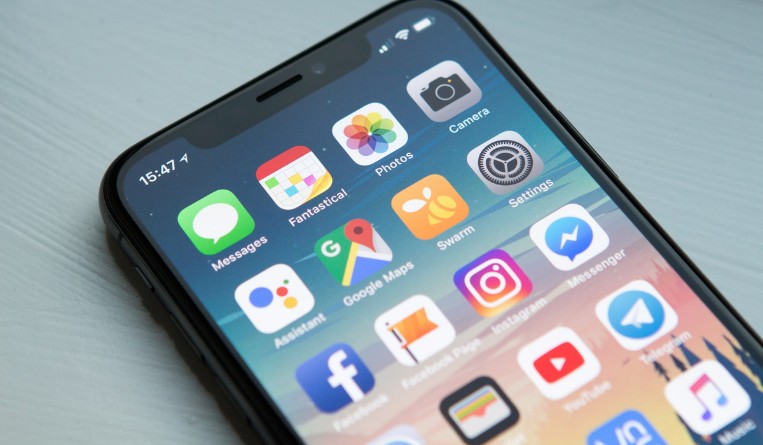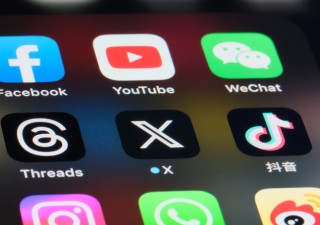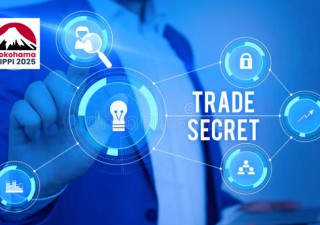Philippine Experts Urge App Creators To Value IP Protection
02 August 2021

Experts in the mobile app market from across the world are urging developers to protect their intellectual property early in the development process, highlighting how this may save them money in costly legal fights that are common in the sector.
Maria Jesusa Viray, a founding member of the Philippine Association for Digital Commerce and Decentralized Industries
(PADCDI) Board of Directors, lamented that the local industry does not value IP protection in the same way that mature markets do.
“In the United States, around 75% of people have already registered their works or IPs.," she said. “I don't believe we're even close,” Viray stated. “The vast majority of people who develop [in the Philippines] are unregistered. As a result, they do not register their trademarks, names, artworks, or anything else. They believe that when they grow, they will be required to perform all of these tasks."
Brian Scarpelli, Senior Global Policy Counsel at The App Association (ACT) in Washington, stressed the need of proactive actions on the part of property holders who face severe repercussions as a result of IP infringement.
According to a study done by ACT in 2018 among some of its 5,000 small-scale app developers and Internet of Things innovator-members, one-third of those polled have experienced copyright infringement.
“Every developer who responded to our poll acknowledged that they have an IP rights interest,” Scarpelli added.
While he acknowledged that investing in IP protection and management takes time and resources, he guaranteed that it “can absolutely pay off, and I would say that it's a necessity.”
Mobile developers, according to Scarpelli, may take advantage of the BCRR's, WIPO's, and even their own association's extensive library of learning tools and webinars.
Viray, who is also the CEO of MedicarePlus, believes that more education among app developers about their IP rights and duties when dealing with other people's IP can assist to reverse the trend.
”With greater education, individuals, our developers, and our entrepreneurs who want to go into the sector would realize that [IP protection] is on their checklist when they start,” Viray said.
She also believes that efforts should be focused on assisting app developers in determining which of their works may be protected by intellectual property and avoiding the most typical legal pitfalls and conflicts in the business.
Excel V. Dyquiangco






